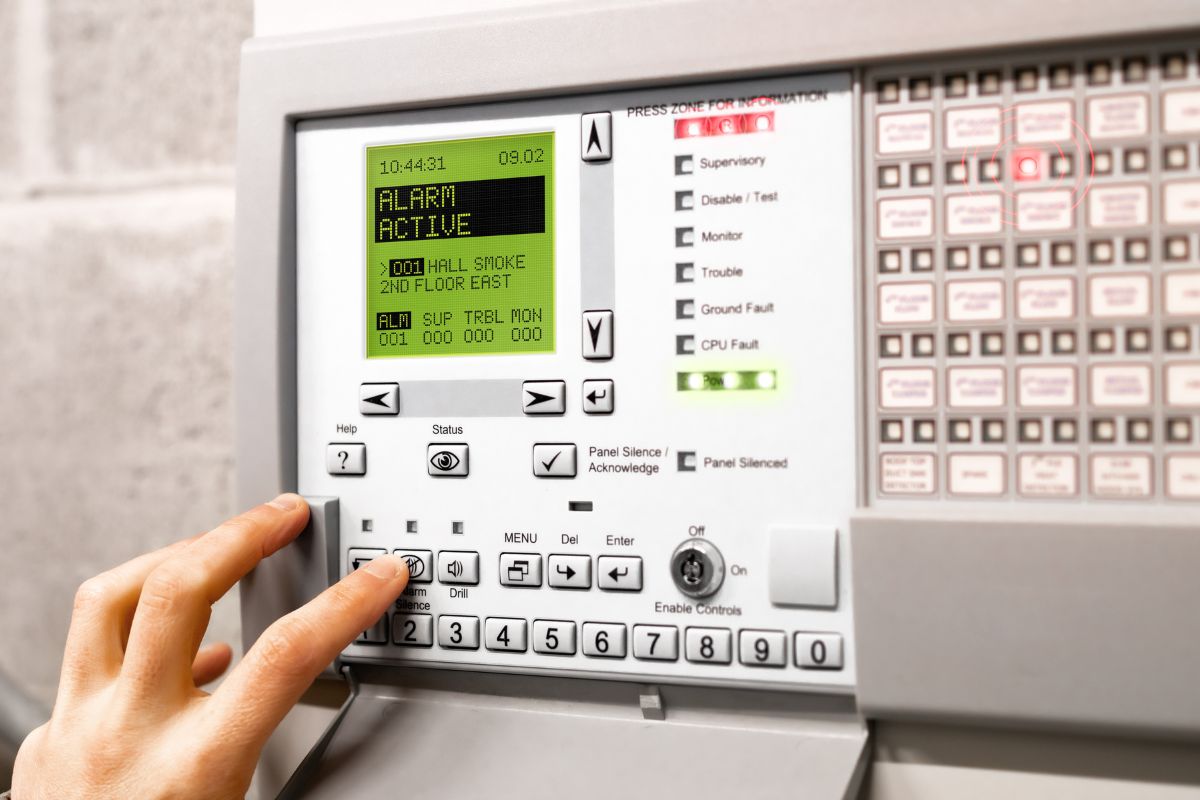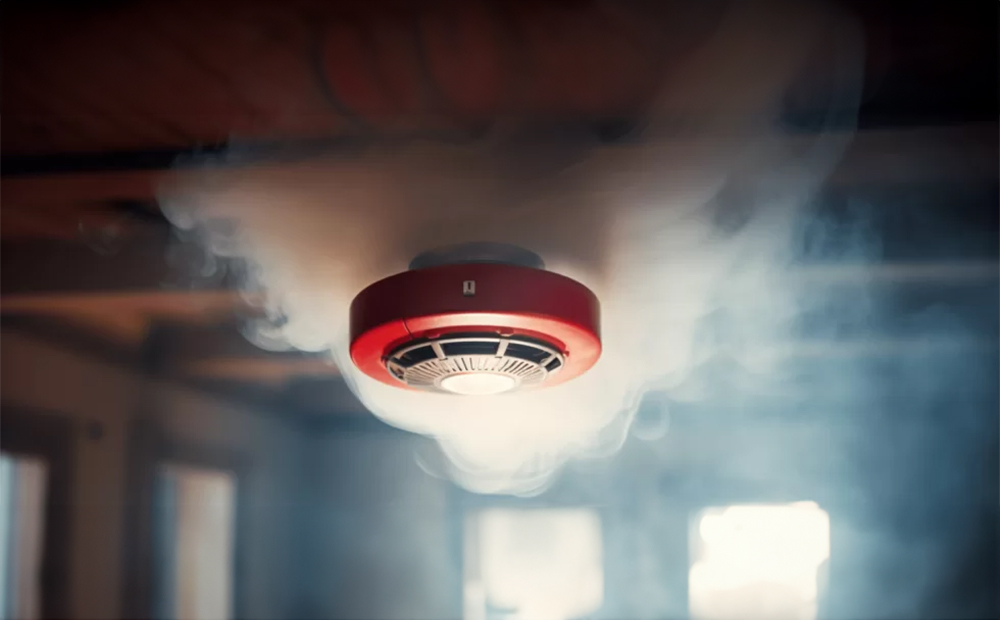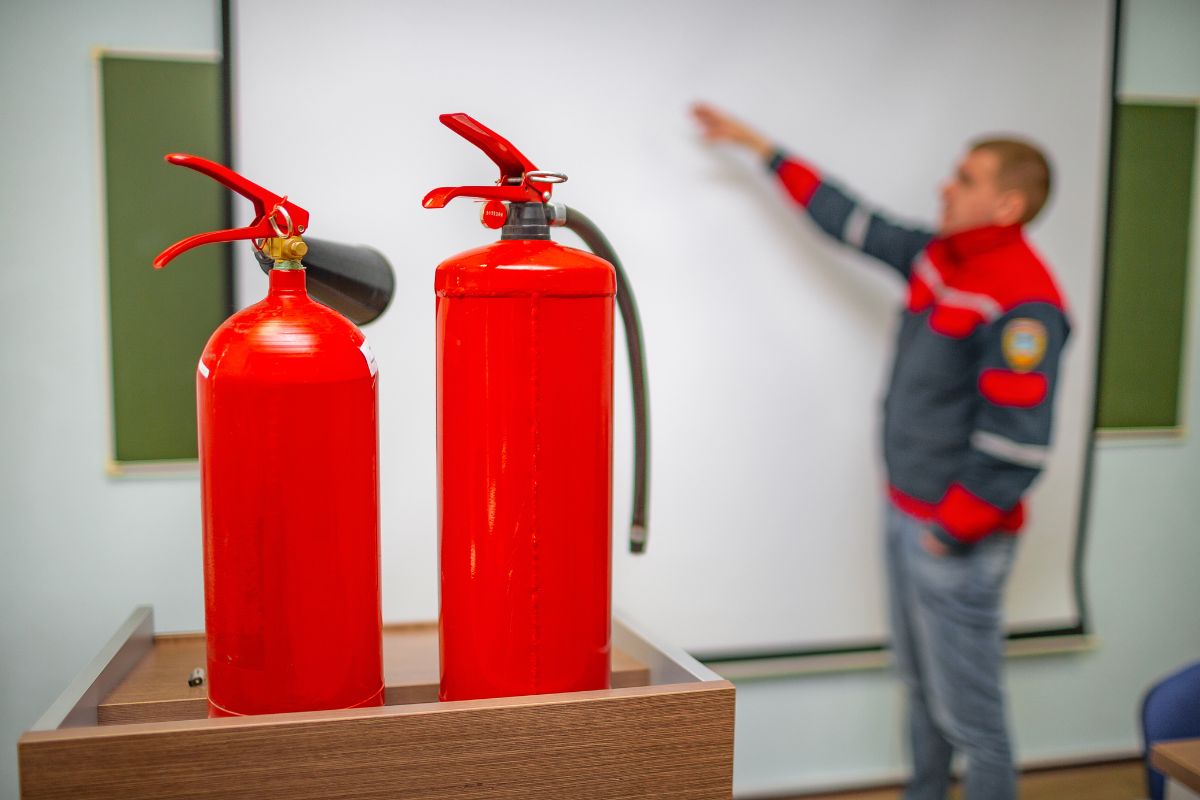Why Fire Alarm Systems Should Be Upgraded for Enhanced Safety

Fire alarm systems are one of the most important safeguardsin any building. They provide early detection of smoke or fire, alert occupantsto evacuate, and activate emergency responses that save lives and property.
Yet, many systems in use today were installed years ago andhave not kept pace with advances in technology or updated safety standards.
Adapting to Modern Risks
Buildings evolve over time, and so do the risks they face.Older fire alarm systems were designed for hazards that may not fully reflecttoday’s environments.
For example, newer construction materials can burn faster,creating smoke and flames that spread differently than traditional wood orbrick structures. In addition, more buildings now contain electronics,batteries, and wiring that can spark fires in ways older systems were not builtto detect.
Modern fire alarm systems include sensors that respond morequickly and accurately to a wider range of hazards. This means fires can beidentified in their earliest stages, giving occupants valuable time to respond.
Some of the other improvements found in newer systemsinclude:
- Advanced smoke and heat detection with greater sensitivity
- Integration with sprinklers, emergency lighting, and HVAC controls
- Addressable alarms that pinpoint the exact location of a hazard
- Wireless connectivity for faster system updates and communication
By adapting to modern risks, upgraded fire alarm systemsprovide stronger and more dependable protection than their outdatedcounterparts.
Meeting Current Codes and Standards
Another critical reason for upgrading fire alarm systems iscompliance.
Fire codes and regulations are updated regularly, reflectingnew research and lessons learned from past incidents. An older system may nolonger meet the latest standards, leaving building owners exposed to both legalrisks and insurance complications.
By keeping systems aligned with current codes, buildingowners demonstrate both responsibility and a commitment to protectingoccupants. This not only reduces liability but also builds trust with tenants,employees, and visitors.
Enhancing Long-Term Safety and Reliability
Finally, upgrading a fire alarm system is an investment inlong-term safety and peace of mind.
Systems that rely on older wiring or outdated components aremore prone to failure, which can create dangerous gaps in coverage. Even if thesystem appears functional, hidden issues may prevent it from working when it isneeded most.
Upgraded systems are more reliable, easier to maintain, andoften come with features that improve testing and monitoring. This allowsbuilding owners to spot issues before they become serious and avoid costlyemergency repairs. The added reliability also reduces the risk of downtime,ensuring the building is always protected.
In addition, many modern systems are designed to integratewith other safety infrastructure, making them part of a complete fireprotection strategy. This creates a layered defense that is better equipped toprotect both people and property.
A Safer Future with Stronger Systems
Upgrading a fire alarm system is not just a matter ofreplacing equipment, it is about creating a safer environment for everyoneinside a building. By adapting to modern risks, meeting updated codes, andinvesting in reliable long-term protection, building owners can be confidenttheir systems will perform when it matters most.
Fire safety is not an area where corners should be cut, andan upgraded alarm system provides the assurance that lives and property arebetter protected against the unexpected.




